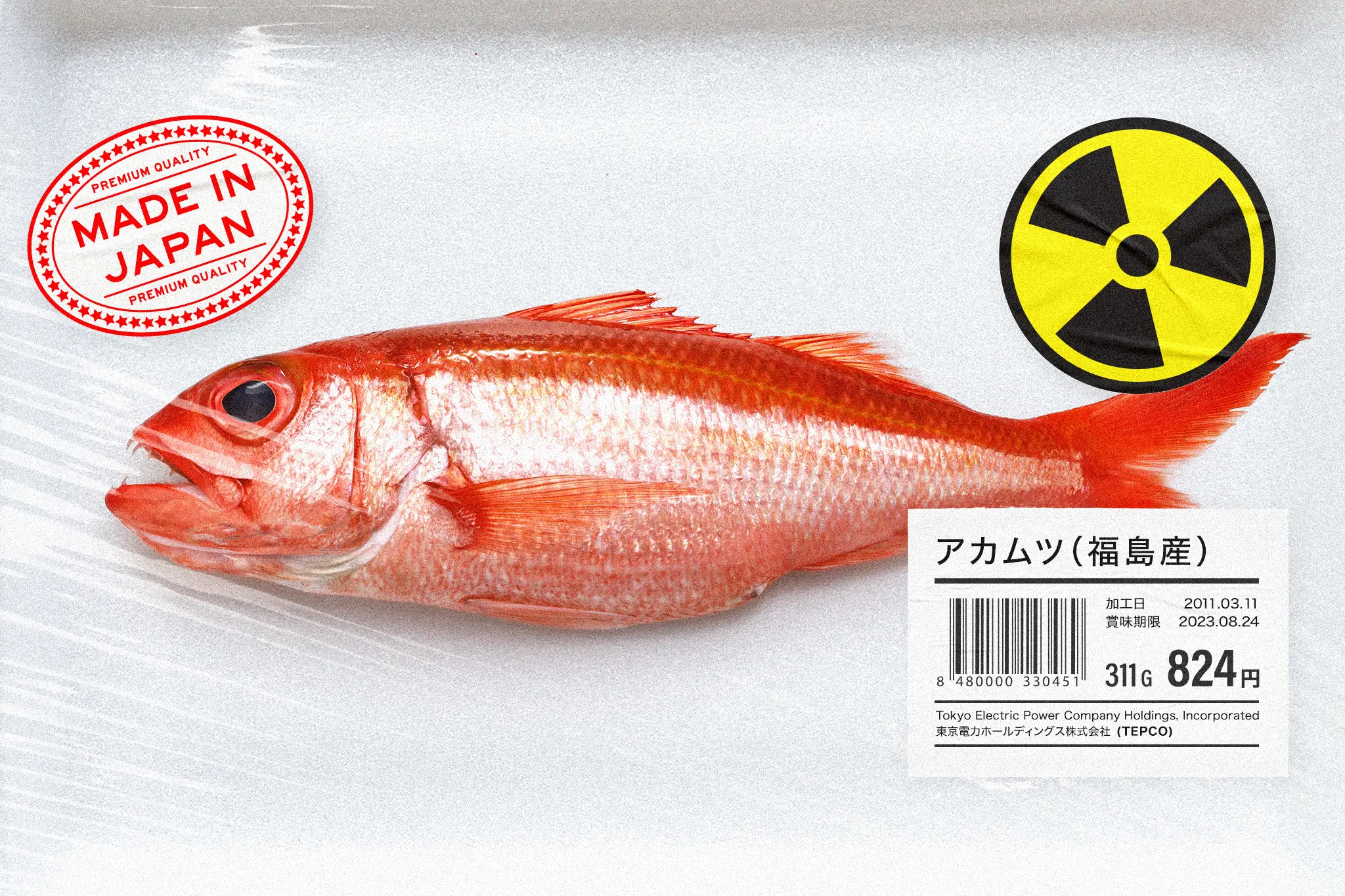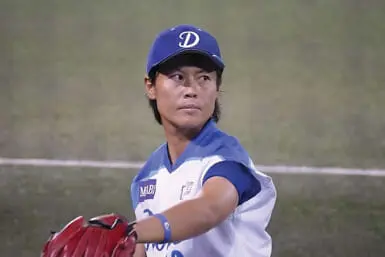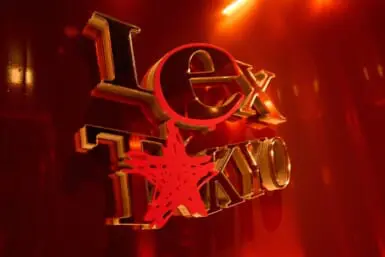In this week’s news roundup we report on the release of Fukushima wastewater into the sea and the reaction to it. There’s an early morning alert for Okinawa residents as North Korea attempts to launch a satellite into orbit. An expert panel at Japan’s health ministry approves the Alzheimer’s drug Lecanemab. And the police question three people in relation to the groping of DJ Soda. In sport, Shohei Ohtani’s season suffers a devastating blow. Keio High School win their first championship in more than a century. And Masatora Kawano bags Japan’s first medal at the Athletics World Championships.
Angry Response to Fukushima Wastewater Release
At approximately 1pm on Thursday, Japan began releasing treated radioactive water from the Fukushima Daiichi Nuclear Power Plant into the sea. The controversial move has been criticized by several groups, including local fishermen and neighboring countries. China has been the most vocal of those critics, describing it as “an extremely selfish and irresponsible act.” Adding that it was like “passing on an open wound onto the future generations of humanity,” the customs office there immediately banned imports of all seafood products from Japan. In South Korea, meanwhile, several people were arrested for trying to enter the Japanese Embassy.
In July, the International Atomic Energy Agency (IAEA) approved Japan’s plan to release the 1.3 million tons of water stored at the plant into the sea. It will be a 30-year process. The report by the UN watchdog stated that the discharge was only expected to have “negligible radiological impact on people and the environment.” All radioactive elements, except for tritium, have been removed. According to public data, 13 nuclear power plants in China released more radioactive tritium in 2021 than the planned amount to be discharged from Fukushima annually.
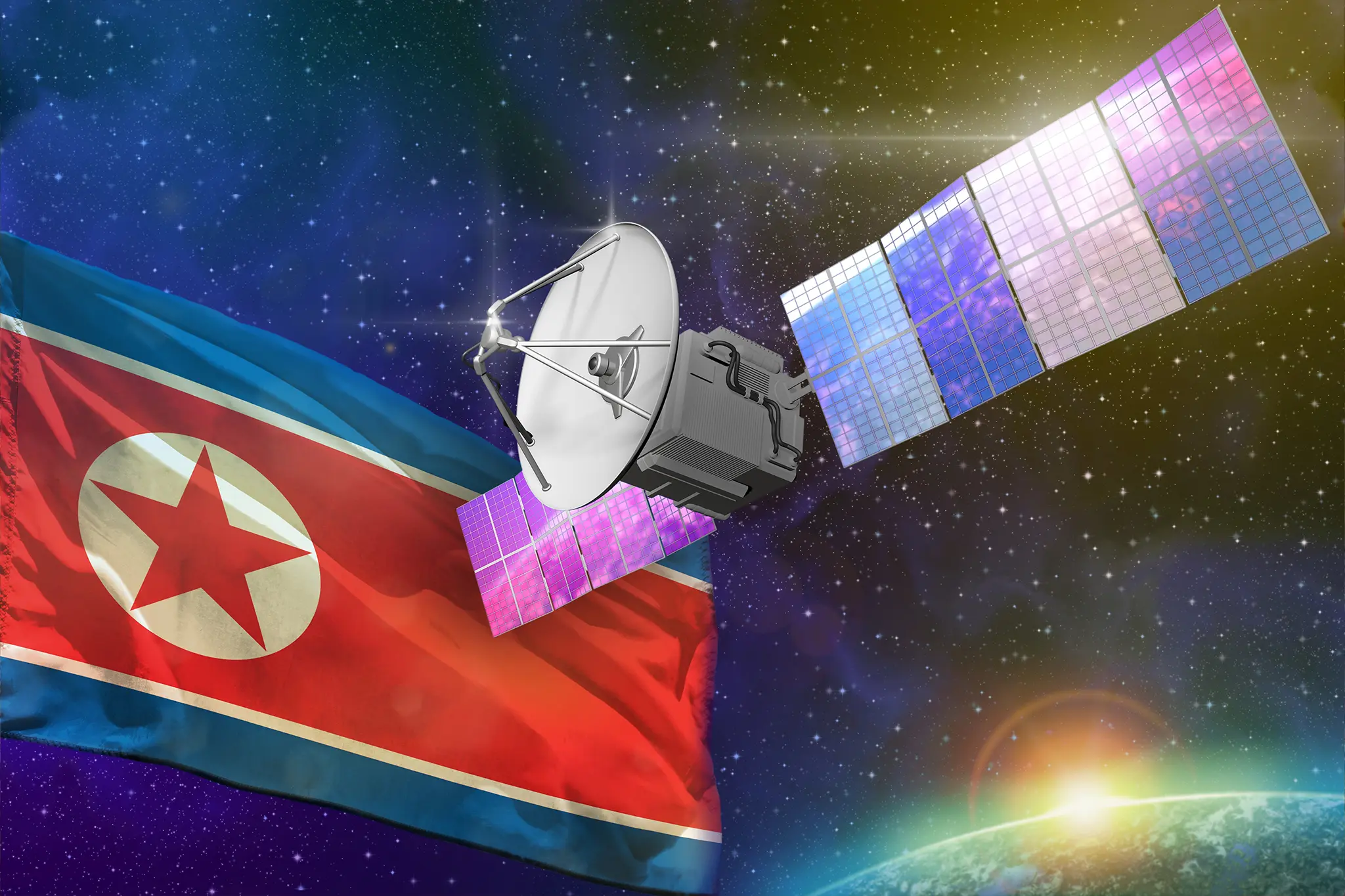
North Korea’s satellite launch failed again | Image by Dancing_Man via Shutterstock
North Korean Satellite Launch Fails Again
Residents in Okinawa received an emergency warning via the J-alert broadcasting system just before 4am on Thursday as North Korea attempted to place a satellite in orbit. The attempt failed due to an error in the rocket’s emergency blasting system during the third stage of the flight. Okinawans were subsequently informed that the missile had passed through towards the Pacific Ocean. The emergency warning was lifted around 20 minutes after the initial alert. It’s Pyongyang’s second failed attempt to launch a satellite this year. In May, the new Chollima-1 rocket crashed into the sea.
“We will strongly protest against North Korea and condemn it in the strongest possible terms,” said Japanese Chief Cabinet Secretary Hirokazu Matsuno at a hastily arranged televised press conference on Thursday morning. Two days earlier, Prime Minister Fumio Kishida urged Pyongyang to refrain from launching the satellite. These kinds of warnings, though, always fall on deaf ears. North Korea’s National Aerospace Development Administration (NADA) stated that Thursday’s failure was “not a big issue.” It will investigate the cause of the failure before taking steps to fix it. A third reconnaissance satellite will then be launched in October.
Alzheimer’s Drug Given Green Light in Japan
On Monday, an expert panel at Japan’s health ministry approved the Alzheimer’s drug Lecanemab. Developed by Japanese pharmaceutical company Eisai Co., LTD and U.S. firm Biogen Inc., it’s designed to slow the progression of the neurodegenerative disorder by targeting amyloid beta protein, the main component of senile plaques in Alzheimer’s disease. The medicine will only be available for those who are in the early stages of the progressive disease and won’t come cheap. In America, where it’s marketed under the brand name Leqembi, it’s priced at $26,500 per year, though most of that’s covered by Medicare.
Concerns have been raised regarding side effects. The U.S. Food and Drug Administration (FDA) approved the medicine in June based on the results of an international clinical trial involving 1,795 participants with early-stage Alzheimer’s disease. During the trial, Lecanemab initiated infusion reactions such as headaches, vomiting and chills in 26.4% of those who received the drug, against 7.4% of those who were given a placebo. Brain bleeding and brain swelling were also observed in 14% and 12.6% of the patients in the Lecanemab group, as opposed to 7.7% and 1.7% in the placebo group.
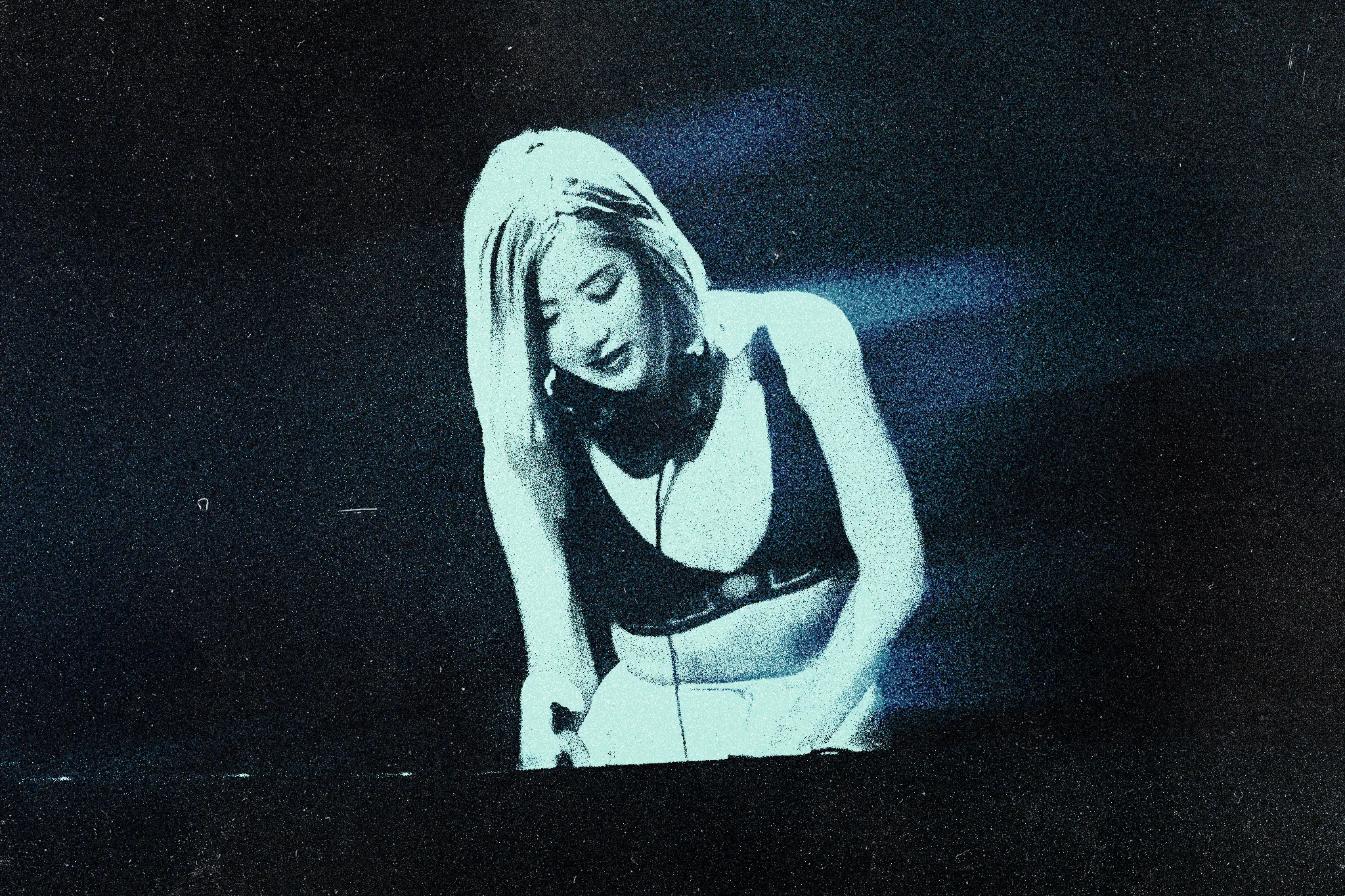
Three People Questioned in DJ Soda Groping Case
TryHard Japan, the organizers of the Osaka Music Circus Festival where DJ Soda was molested last week, filed a criminal complaint to police on Monday against two men and one woman on suspicion of indecent assault over their alleged groping of the popular Korean musician. Later in the day, two men believed to have been in a YouTube post of the incident turned themselves in to the police. The pair, both aged 20, apologized and reportedly told officers that they didn’t intend to commit an indecent act, but had been drinking and behaved without thinking.
On Thursday, it was revealed that a 21-year-old woman was also questioned by the police in connection to the incident. DJ Soda, whose real name is Hwang So-hee, told her 5 million followers on Instagram that she had been groped at the music event in Osaka, which took place on Sunday, August 13. She said she was “shocked and scared” after “not one, but several people” touched her breasts. Speaking at a press conference on Monday, TryHard Japan CEO Rakuyo Otsuki said, “We take this incident very seriously, as sexual crimes are inexcusable.”
Injury Means Ohtani Won’t Pitch Again in 2023
Shohei Ohtani’s season as a pitcher is over. On Wednesday, the two-way superstar was diagnosed with a torn ligament in his right elbow. He suffered from a similar injury in 2018 and underwent Tommy John surgery as a result. He subsequently made no appearances on the mound the following year, serving as a full-time designated hitter. At the time of writing, it still isn’t clear whether this latest setback is a full or partial tear. If it’s the former, it will have a huge impact on his market value as he won’t be able to pitch in 2024.
Ohtani injured his elbow while pitching for the Angels in the first game of a double header against the Cincinnati Reds on Wednesday. The match began well for the Iwate Prefecture-native as he smashed his 44th homer of the season. There was also a home run this week for Seiya Suzuki in the Chicago Cubs’ 4-3 win over the Kansas City Royals. In high school baseball, Keio won their first national championship in 107 years. The Kanagawa Prefecture-based side defeated last year’s winners, Sendai Ikuei, 8-2 in the final at the iconic Hanshin Koshien Stadium.
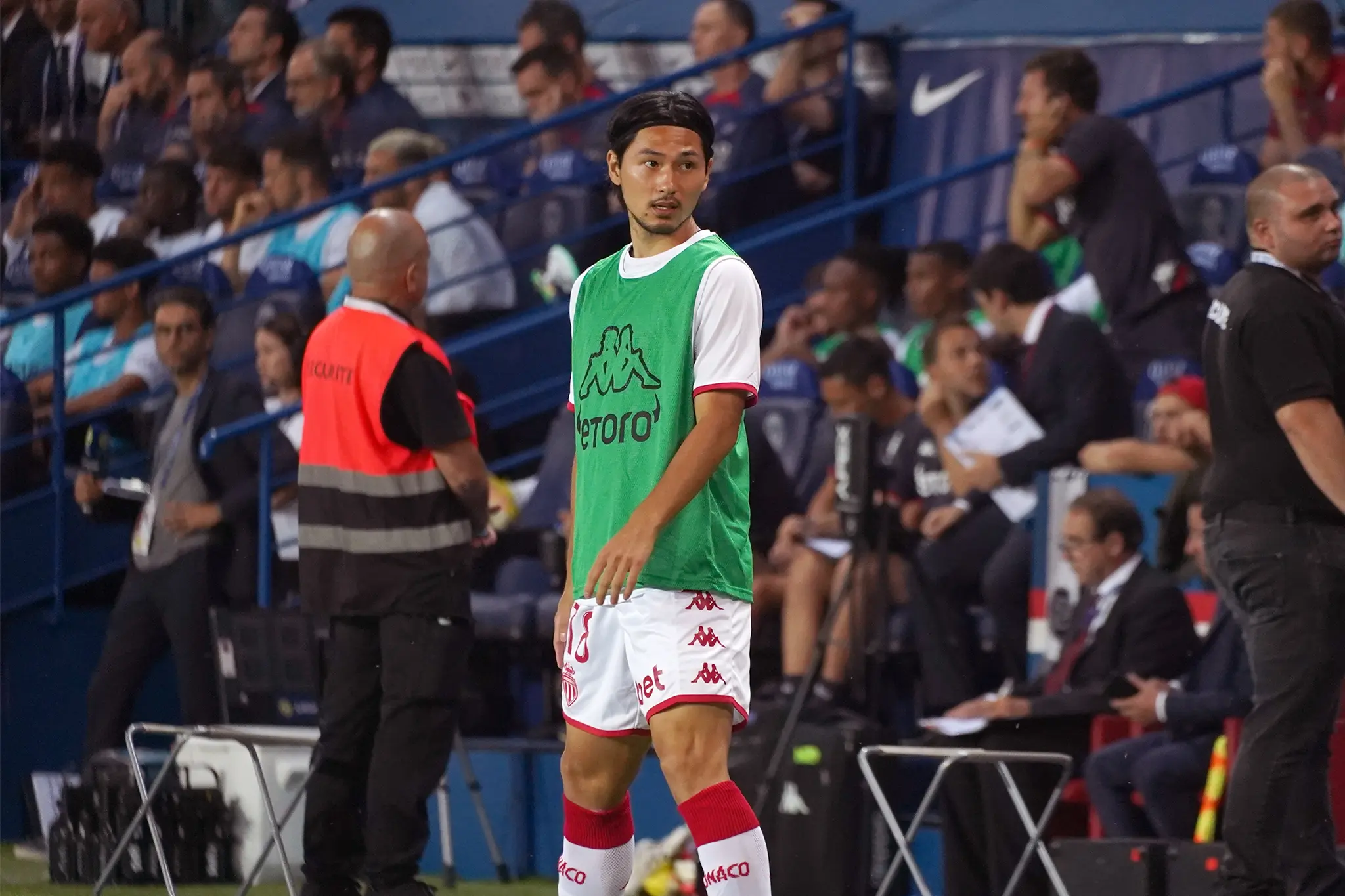
Kawano Wins Japan’s First Medal at Athletics World Championships
Masatora Kawano secured Japan’s first medal at the Athletics World Championships in Budapest on Thursday. The 24-year-old finished third in the 35-kilometer walk behind Spain’s Álvaro Martín and Brian Pintado from Ecuador. Kawano won silver at last year’s event. Other Japanese athletes close to earning medals this week were Shunsuke Izumiya and Sani Brown. The former finished fifth in the men’s 110-meter hurdles final, which was won for a third consecutive time by America’s Grant Holloway. Brown, meanwhile, placed sixth in the men’s 100 meters final. Noah Lyles from the U.S. took home the gold.
In men’s European soccer, Takumi Minamino followed up his assist from last week with a brace of goals in Monaco’s 3-0 win over Strasbourg. Kaoru Mitoma’s superb solo effort gave Brighton the lead against Wolves. He then provided an assist for Pervis Estupiñán as the Seagulls won 4-1 to top the Premier League table. Also in England, there was a red card for Arsenal’s Takehiro Tomiyasu and Koji Miyoshi bagged his first goal for Birmingham City. Other Japanese players on the scoresheet last weekend included Ko Itakura (Borussia Monchengladbach), Koki Ogawa (NEC Nijmegen) and Kyosuke Tagawa (Hearts).

